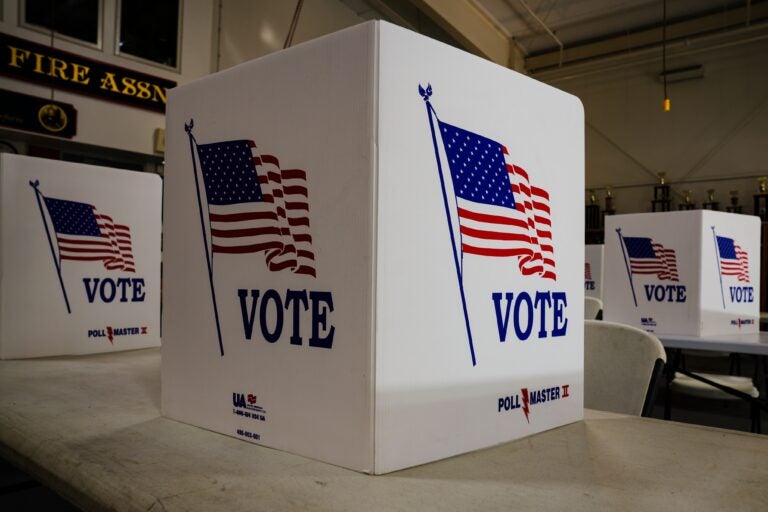October 28, 2024
In a landmark decision on October 23, the Pennsylvania Supreme Court ruled that voters who improperly cast mail-in ballots, which were subsequently voided, can vote again on Election Day with a ballot that will count. The ruling in Genser v. Butler County Board of Elections allows potentially thousands of Pennsylvanians to participate in the upcoming November election if they mistakenly cast their mail-in ballots incorrectly.
The case raised complex questions of election law and split the court in a 4-3 decision. The four Democratic justices voted in favor of allowing impacted voters to cast a ballot on Election Day, while the two Republican justices and one Democratic justice dissented.
The ruling has immediate implications as Pennsylvania’s high-stakes election approaches. With recent close races, the GOP swiftly responded by requesting the U.S. Supreme Court to intervene. Republicans argue that the Pennsylvania Supreme Court overstepped its authority by allowing voters to recast ballots, claiming that this authority rests solely with the state legislature. They point to the Independent State Legislature Doctrine (ISLD), a controversial theory that maintains state legislatures have exclusive control over election laws without interference from state courts.
Potential Impact on 2024 Presidential Election
With Pennsylvania’s role as a swing state, the Genser decision could impact the outcome of the 2024 presidential election if results hinge on Pennsylvania’s vote count. Should the U.S. Supreme Court side with Republicans, disqualifying these re-cast ballots, the ruling could potentially shift Pennsylvania’s electoral outcome from Kamala Harris to Donald Trump.
As of now, more Republicans are expected to vote by mail than in past elections, but Democrats continue to have an edge in mail-in voting. The ultimate impact on voters remains uncertain, as the exact number affected by the decision is unknown. Estimates based on prior elections suggest it could be thousands of voters statewide.
The Independent State Legislature Doctrine in Focus
The ISLD, which has been rejected by the U.S. Supreme Court in several cases over the last century, re-emerged as a focal point in this case. The doctrine argues that the state legislature alone has the authority to dictate election rules, limiting the role of state courts and governors. Most recently, in Moore v. Harper (2023), the U.S. Supreme Court declined to adopt the ISLD, but Chief Justice John Roberts left a narrow path open for federal intervention if state courts appeared to overreach.
Republicans argue that the Pennsylvania Supreme Court’s interpretation in Genser violates this doctrine. Should the U.S. Supreme Court agree, the decision could set a precedent allowing federal courts to overturn state court interpretations of election law, upending traditional state authority over elections.
Implications Beyond Pennsylvania
Beyond its immediate impact, the Genser case could significantly influence how U.S. elections are administered. Historically, state supreme courts have the final authority on state law interpretation, but federal intervention based on ISLD arguments would challenge this norm. Proponents of the doctrine argue it ensures consistent adherence to legislative intent, while opponents warn that it could disrupt checks and balances within states, undermine voter protections, and destabilize the democratic process.
The doctrine’s critics include top former national security officials from both parties, who argue that ISLD poses threats to election security and could invite domestic and foreign interference. They assert that removing state court oversight over elections could harm election integrity and reduce public confidence.
The Path Forward
The U.S. Supreme Court’s decision on whether to intervene in Genser will set the tone for how closely it might monitor state election disputes in 2024. For now, the Pennsylvania Supreme Court’s ruling stands, giving affected voters the opportunity to cast their ballots on Election Day if they improperly submitted their mail-in votes.
This decision emphasizes the ongoing legal tug-of-war over mail-in voting, with Pennsylvania at the forefront of national debates on election security, voter access, and the boundaries of judicial and legislative powers.
Sources
•Pennsylvania Supreme Court Opinion – Genser v. Butler County Board of Elections
•U.S. Supreme Court – Independent State Legislature Doctrine
•National Security Officials Brief on ISLD

